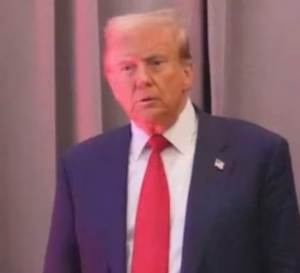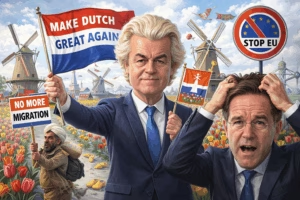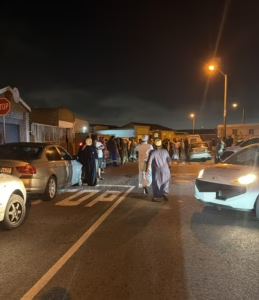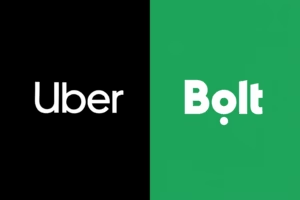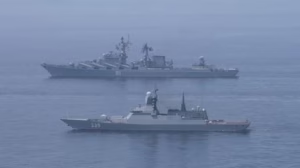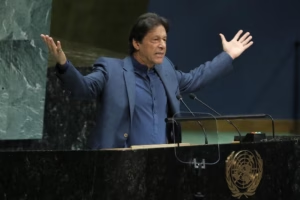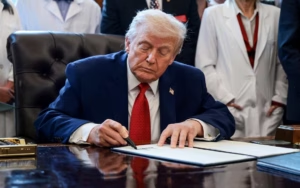Germany’s automotive giant, Volkswagen, is confronting the possibility of halting production at its flagship Wolfsburg plant amid a worsening global semiconductor shortage. The disruption stems from the Dutch government’s seizure of a Chinese-owned chip manufacturing facility, a move that has rippled through international trade and now threatens to stall Europe’s largest carmaker.
Dutch Seizure Sparks Diplomatic Tension
In late September, the Netherlands took control of the Nexperia factory in Nijmegen, citing national security and intellectual property concerns. According to The New York Times, court documents from Amsterdam revealed that the decision followed pressure from officials in the United States. Nexperia’s parent company, Wingtech, was placed on Washington’s trade blacklist in 2024 as part of escalating trade restrictions against China.
The seizure has since provoked retaliation from Beijing. In early October, Chinese authorities barred Nexperia from exporting finished chips produced in China, a measure that has had immediate consequences for global car production. These chips play a crucial role in the electronic control units used across Volkswagen’s vehicle range.
Volkswagen’s Struggle To Secure Alternatives
Sources cited by Bild newspaper indicate that Volkswagen currently has no viable substitute for Nexperia’s semiconductor supply. The shortage could soon force the company to suspend assembly lines at Wolfsburg, home to the iconic Volkswagen Golf. Insiders suggest that production could stop as soon as next Wednesday, with additional models expected to follow.
A person familiar with the matter added that if the supply situation does not improve, the disruption could extend to Volkswagen’s facilities in Emden, Hanover, and Zwickau, as well as other plants across Germany. The company has reportedly opened discussions with German authorities over implementing a state-supported reduced working hours scheme, a measure that could affect tens of thousands of employees.
Industry-Wide Impact Looms
The semiconductor crisis is not confined to Volkswagen alone. Representatives from BMW and Mercedes-Benz told Bild that they are closely monitoring the unfolding situation. Analysts warn that if chip supplies do not stabilise, production slowdowns could spread across the German automobile sector, which is already grappling with rising energy costs linked to European Union sanctions on Russia and increasing tariffs imposed by the United States.
Conflicting Reports From Within Volkswagen
While Bild’s report has raised concerns, Volkswagen has attempted to play down fears of an immediate shutdown. A spokesperson for the company’s Zwickau plant told AFP that the newspaper’s claims were “incorrect.” However, an internal company letter, cited by multiple media outlets, appeared to acknowledge the severity of the issue, stating that “impact on production cannot be ruled out in the short term” due to the ongoing semiconductor shortage.
A Supply Chain Caught In Geopolitical Crossfire
The crisis highlights how geopolitical disputes have seeped into the core of global manufacturing networks. With semiconductors now central to everything from cars to household appliances, Europe’s dependence on foreign chip production has become a strategic vulnerability. The situation underscores a broader challenge for Germany’s industrial sector, which must now navigate the intersection of trade politics, technology control, and economic security.
The fate of Volkswagen’s production lines in the coming weeks will likely serve as a test case for how European manufacturers adapt to a fractured global supply chain increasingly shaped by political tensions rather than pure market forces.





